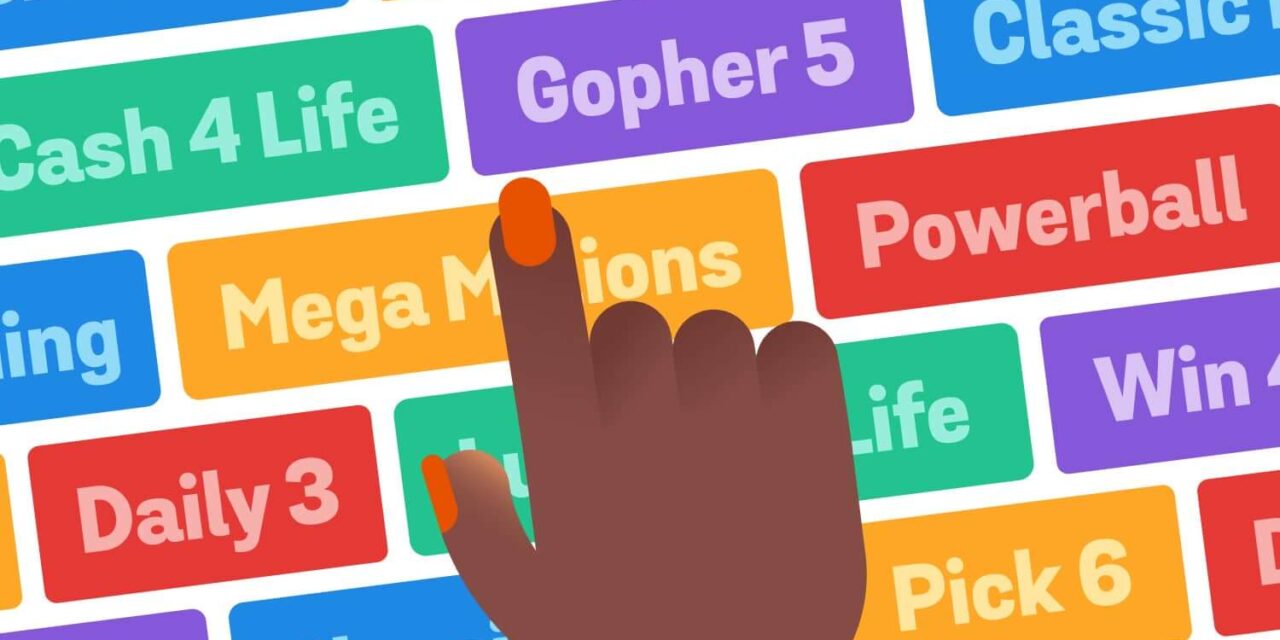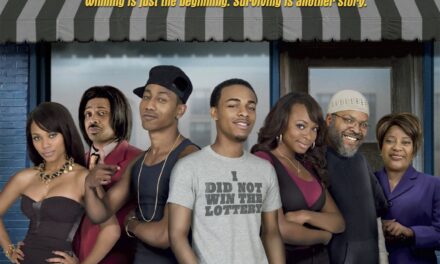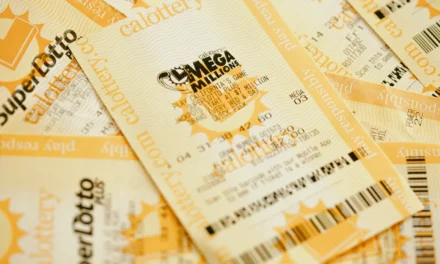The lottery has long been viewed as a tantalizing option for those yearning for a life-changing windfall. With bright lights and grand promises, it captures the imagination. Yet, beneath its glittering surface lies a complex debate: is the lottery truly a form of tax on the poor? Many argue that the lottery preys on the vulnerable, while others see it as a simple chance to dream big. Let’s dig into this ongoing discussion, revealing both sides of the coin.
Chasing Dreams or Just Paying a Price? The Lottery Dilemma
Dreams are powerful motivators. For many, the lottery offers a glimmer of hope. The allure of winning millions can be irresistible, especially for those facing financial struggles. A ticket can feel like a small investment in a brighter future. Yet, each ticket comes with a cost. Regular players might spend significant portions of their income on a game of chance, often with disheartening odds.
Critics argue that the lottery disproportionately impacts low-income individuals. These players contribute a larger percentage of their income compared to wealthier counterparts. The notion of “playing to win” can turn into a dangerous cycle. The more you play, the less likely you are to win. Instead of achieving financial freedom, many find themselves in deeper financial holes.
Supporters counter that buying a lottery ticket is a personal choice. Everyone has the right to dream, regardless of their financial situation. They argue that the lottery is a source of entertainment, not a predatory scheme. The funds generated often support public projects and schools. This aspect cannot be overlooked. Yet, the ethical implications remain a vital part of the conversation.
Lucky Tickets or Heavy Burdens? Untangling the Lottery Truth
The statistics surrounding lottery spending can be shocking. Studies reveal that low-income households spend a higher percentage of their income on lottery tickets than wealthier ones. This raises questions. Is it really a chance at fortune, or merely a way to escape financial despair? The reality is that many players may struggle to justify their spending. They hope for a miracle, but the odds are heavily stacked against them.
Moreover, there’s the emotional cost to consider. The lottery can create false hope, leading to disappointment and frustration. When dreams of winning fade, some individuals may find themselves feeling even more trapped in their circumstances. This emotional toll can be just as heavy as the financial burden. For some, it becomes a source of stress rather than joy.
However, it’s essential to recognize the role of personal responsibility. Adults make choices, and many see the lottery as a harmless gamble. For some, it’s a fun evening ritual, a chance to bond with friends. The debate often overlooks this perspective. The lottery can be viewed as a harmless form of entertainment, even if it does come with risks. It’s this blend of hope and reality that complicates the narrative even further.
The lottery remains a captivating conundrum, full of dreams and dilemmas. As we chase our ambitions, it’s vital to remain aware of the implications behind each ticket we buy. Understanding both sides can help us navigate our choices wisely. Whether seen as a hopeful endeavor or a burden, the lottery continues to spark conversation about dreams, money, and what it means to truly win.





